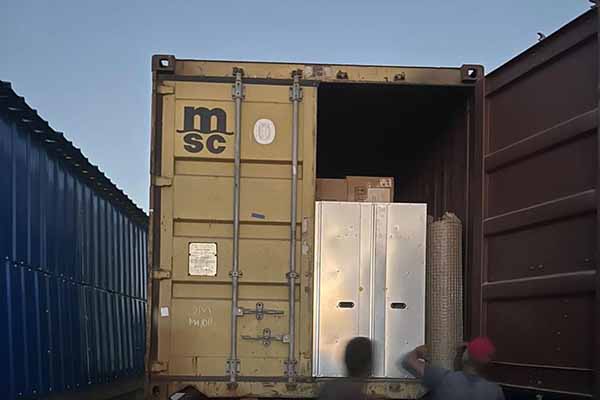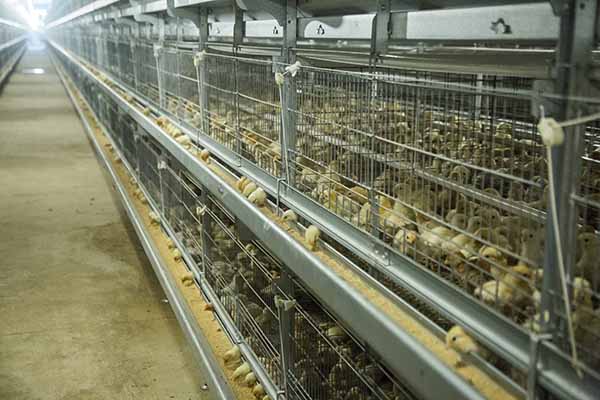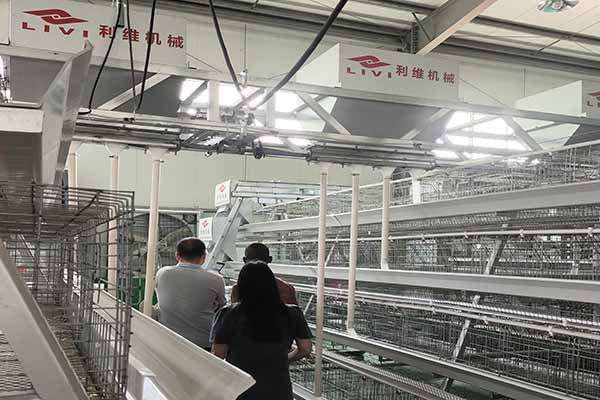How to Start a Free Range Chicken Farm in New Zealand
Time : 2025-07-23
Starting a free range chicken farm in New Zealand can be a rewarding endeavor, but it’s essential to understand the ins and outs of the process. As a leading Chinese manufacturer of poultry equipment, Livi Machinery is here to provide you with expert guidance on how to begin your journey into free range chicken farming.

Understanding Free Range Farming in New Zealand
Free range farming in New Zealand is highly regarded due to its emphasis on animal welfare and environmental sustainability. In this context, it’s crucial to understand the country’s specific regulations and the consumer demands that shape the industry.
New Zealand’s free range chicken farming regulations are designed to ensure that birds have access to the outdoors, with a minimum outdoor area requirement of 1 square meter per bird. This provides ample space for the chickens to roam, forage, and exhibit natural behaviors.
Step 1: Research and Plan Your Farm

Before you begin, it’s essential to research and plan your free range chicken farm thoroughly. Consider the following aspects:
- Location: Choose a suitable location with good access to markets and suppliers, as well as favorable weather conditions for free range farming.
- Site Preparation: Ensure your farm has adequate outdoor and indoor spaces, along with a secure fencing system to protect the chickens from predators.
- Chicken Breeds: Select chicken breeds that are well-suited to the New Zealand climate and meet your farm’s goals, such as egg production or meat production.
- Equipment: Invest in high-quality poultry equipment, such as coops, feeders, waterers, and nest boxes, from a trusted manufacturer like Livi Machinery.
- Livestock: Purchase young chickens or pullets, ensuring they meet the free range criteria and are acclimatized to the New Zealand climate.
- Feed and Water: Provide a balanced diet and fresh water for your chickens, tailored to their specific nutritional needs and the New Zealand climate.
- Marketing: Develop a marketing strategy to promote your free range chickens and attract customers who value the quality and ethical sourcing of their food.
Step 2: Build Your Chicken Coop and Enclosures
Your chicken coop and enclosures are essential components of your free range chicken farm. Here’s what to consider:
- Design: Ensure your coop and enclosures provide a safe and comfortable environment for your chickens. Consider using Livi Machinery’s poultry equipment for durable and user-friendly solutions.
- Materials: Opt for high-quality materials that are resistant to New Zealand’s harsh climate, including insulation and ventilation for temperature control.
- Security: Implement a secure fencing system to prevent predators from accessing your chickens. Livi Machinery’s poultry equipment can offer solutions to protect your flock from threats like foxes and stoats.
- Accessibility: Make it easy for you to manage your chickens, with access points for feeding, watering, and egg collection.
Step 3: Choose the Right Poultry Equipment
Livi Machinery offers a wide range of high-quality poultry equipment to support your free range chicken farm. Consider the following essential items:
- Coops: Livi Machinery’s coops are designed for durability, ease of use, and efficient management of your flock.
- Feeders and Waterers: Provide a consistent and easy access to food and water for your chickens. Livi Machinery’s feeders and waterers are designed to minimize waste and keep your chickens healthy.
- Nest Boxes: Encourage healthy laying behavior by offering your hens a comfortable and private nesting area. Livi Machinery’s nest boxes are built to meet the specific needs of free range hens.
- Bedding Materials: Opt for suitable bedding materials, such as straw or wood shavings, to keep your chickens warm and dry.
Step 4: Manage Your Flock
Managing a free range chicken flock requires careful attention to their health, welfare, and growth. Consider the following tips:
- Vaccination: Ensure your chickens receive proper vaccinations to protect them from diseases common in New Zealand.
- Health Monitoring: Regularly check your chickens for signs of illness and address any issues promptly.
- Food and Water: Maintain a balanced diet and fresh water supply throughout the year, adjusting as needed for the New Zealand climate.
- Regular Maintenance: Keep your coop, fencing, and equipment in good condition to support the health and welfare of your chickens.
Step 5: Market Your Free Range Chicken Products</ h2>
h2>
Marketing your free range chicken products is essential to build a successful business. Consider the following strategies:
- Online Presence: Create a professional website to showcase your products, farm, and the benefits of free range chicken farming.
- Local Markets: Participate in local farmers’ markets and community events to promote your products and connect with customers.
- Wholesale and Distribution: Develop relationships with local retailers, restaurants, and distributors to expand your reach.
Conclusion
Starting a free range chicken farm in New Zealand requires thorough planning, quality equipment, and a commitment to animal welfare. By following these steps and relying on trusted partners like Livi Machinery, you can establish a successful and sustainable free range chicken farm.











